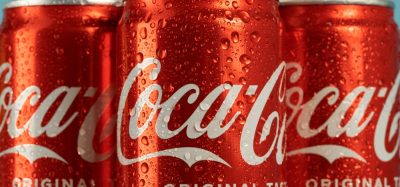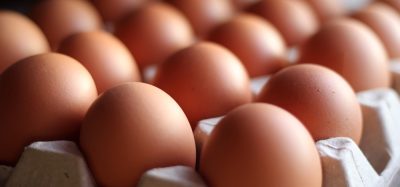A side of plastic: what can we do to stop it getting into our food?
Posted: 2 February 2022 | Ian Campbell | No comments yet
The world’s oceans contain thousands of pieces of plastic that could be entering some our favourite dishes, but what can you do to help?
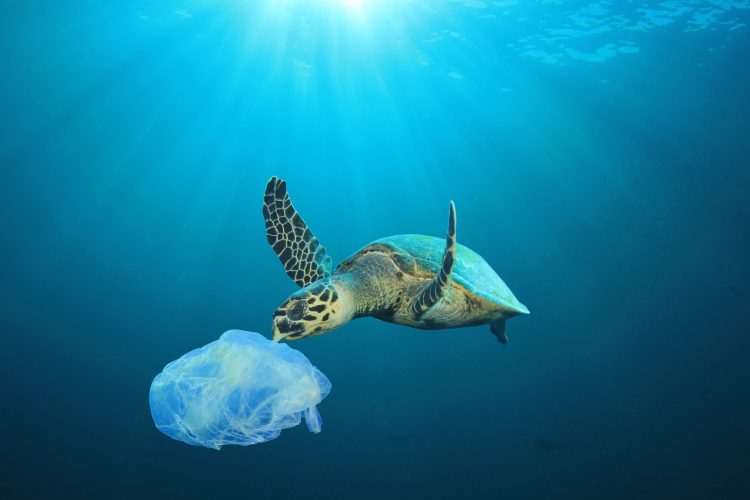

Did you know that the average Londoner buys more than three single use plastic (SUP) water bottles every week? That adds up to be an eye-watering 175 bottles every year per person, making that a grand total of 7.7 billion plastic bottles purchased across the UK every year. Not only is this a huge contributor to SUP waste, but it is now impacting our surrounding ocean and the marine life that live within it.
Recent data collected by the PADI AWARE Foundation, a non-profit working with recreational SCUBA divers, shows that there is now eight million pieces of plastic entering the ocean every day, with 46,000 pieces of plastic in the ocean per square mile. In the UK, plastic debris from fishing gear and food wrapping are dominant, and there are now places on this planet where it’s estimated that plastic parts per million outweigh plankton in our ocean water.
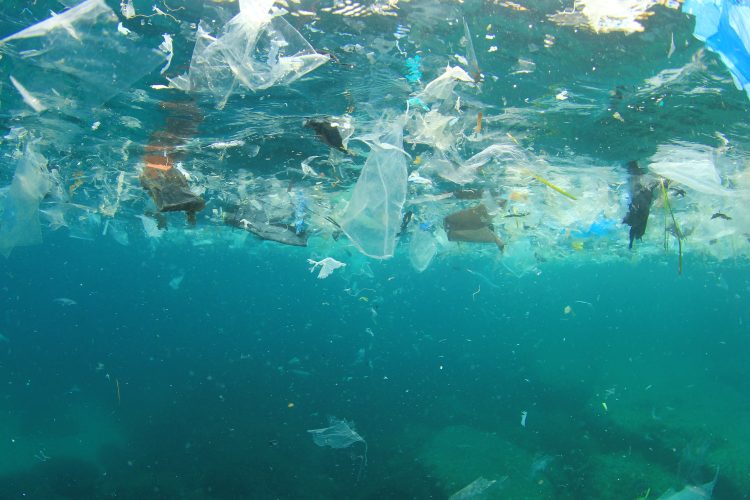

It’s estimated that plastic parts per million outweigh plankton in our ocean water.
How the plastic problem is affecting your food
The plastic problem is now coming full circle, thanks to bio-magnification. Plastic is ingested by at least 267 species worldwide, and as fish eat other fish, the plastic accumulates and concentrates further up the food chain. It is believed that up to 30 percent of any fish sample will now be contaminated with microplastics.
This means food items like fish and chips and fish pies are now at risk of having an extra ingredient in them: plastic. You may be unwittingly consuming a dangerous substance that can have significant adverse health impacts..
But there’s still time to adjust the menu and get rid of the side of plastic in our meals for good!
A possible solution
Here are three easy (and fun) things that you can do to help prevent plastic from being in your food and the ocean.
Reduce Single-Use Plastic
When it comes to how we eat or food, be conscious of limiting the amount of single-use plastic wherever possible. The next time you order a fish and chips meal, be conscious of not taking plastic straws, cups or utensils with you for that takeaway meal and use your own at home. And to lower the amount of single-use plastic bottles you are purchasing each year, consider using a PADI x Ocean Bottle, which is made from ocean-bound plastic and re-purposed as a stainless steel drink bottle that in turn is estimated to prevent 1000 plastic bottles from entering the ocean. For UK citizens, the government are taking comments from the public to consider proposals on banning single-use plastics. You can register your comments here to urge the government to take action.
Take Part in a Beach Clean-Up
Join your local community in helping clean up the coastlines, which are often littered with plastic. Many local PADI dive centres in the United Kingdom host beach clean-ups that anyone can take part in. You not only get a chance to meet other like-minded people, but have a chance to take action for global impact.
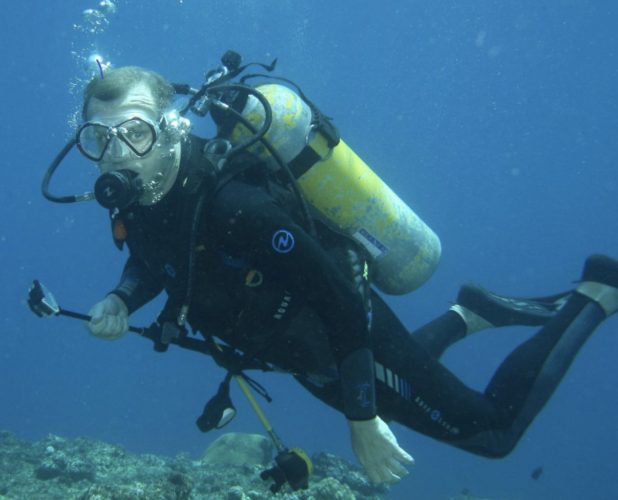

PADI dive centres also organise beach cleanups alongside their sub-surface adventures Credit: PADI
Learn to Dive
Divers have the unique ability to physically remove and report marine debris beneath the surface. The PADI AWARE Foundation launched Dive Against Debris over a decade ago and since then more than 30,000 divers in over 50 countries have taken part in removing 2 million pieces of plastic from our oceans.
There is no better reason to become a PADI Open Water Diver than the fact that once you are certified you can have a literal hands-on role in saving the ocean and helping eliminate a side of plastic from our food menu once and for all.
About the author
Ian Campbell is the Associate Director of Policy and Campaigns at the PADI AWARE Foundation. Ian is a marine biologist who has worked on marine conservation issues for two decades across the globe. He has also led work on tackling marine debris, protecting endangered species of sharks and rays and developing sustainable fisheries in an effort to save the ocean.




